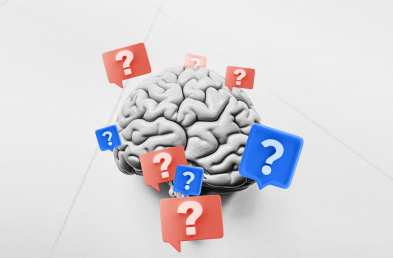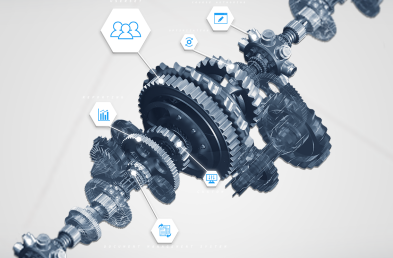Maintaining a consistently competitive performance level that nurtures growth and fosters employee development is essential for staying ahead in an ever-evolving world that demands responsive community support. This is precisely where Organizational Development (OD) plays a vital role.
OD embodies a holistic approach that empowers organizations to enhance their effectiveness, achieve sustainable growth, and establish efficient frameworks that prioritize the well-being of both employees and the community. By adopting OD principles, organizations can create a harmonious environment that fosters productivity, drives innovation, and promotes the overall welfare of individuals and the broader community.
What is Organizational Development (OD)?
OD is a planned effort to enhance the organization’s efficiency. It’s about aligning people, processes, and systems with strategic objectives to improve the organization’s overall functioning. It focuses on Culture, Leadership, Communication, Employee Engagement, and Change Management.
The main goal is to facilitate positive change and increase productivity and employee satisfaction, ensuring the organization’s success.
When it comes to change, Organizational Development also involves adopting technologies that work towards achieving the vision and goals of the company.
How can an LMS empower an organization to benefit from an organizational development approach?
A Learning Management System (LMS) is a very versatile tool. It will allow you to empower your employees with new knowledge and resources and create frameworks and strategies to establish a better workflow.
Learning and Development are essential to growth for employees and the company itself. An LMS will enable you to create and deliver training, social learning, continuous skill development and collaboration. An LMS can be accessed anytime from anywhere and will allow you to keep track of the performance and development of each employee and scale learning strategies over time.
Learning and Development go hand in hand with Knowledge Management. A Learning Management System will act as a repository for all organizational knowledge. This enables an organization to share best practices, materials, and resources within a central repository of learning. Sharing and Collaboration become centralized, enabling social learning and improving company culture.
Performance Management is one of the biggest benefits of an LMS, allowing you to map out your OD Strategy accurately. An LMS that integrates the right tools to track performance will help you monitor progress while aligning organizational objectives. You’ll receive accurate feedback from various reports, which enable the organization to make data-driven decisions with a high impact on employee development.
During the transition or adoption of new strategies and workflows, an LMS can help you navigate and support Change Management efforts with resources and communication tools for better training and skill development during transition times.
How to start with OD?
The planning stage must cover all the essential steps for your organization. This will vary due to many factors, such as size, industry, location, number of employees, skill level and job role.
Your first step is to execute an assessment of the current state of the organization. Analyze the culture, employee satisfaction, processes, structure, and workflow systems. In this stage, you are looking to identify strengths and weaknesses and opportunities for improvement.
Once you assess the current state, begin setting up your Objectives. Be clear and specific and make them measurable, keeping the organization’s strategic goals in mind. These objectives will be the guiding principle for the organizational development initiatives.
Follow the objectives with a clear strategic plan outlining the OD initiatives and how they will be executed. Include timelines, resources, and allocation, including key performance indicators (KPIs) that will track progress.
Support your plan with effective communication. Communicate OD’s purpose, goals, and benefits to employees at all levels. Encourage open dialogue, solicit feedback, and involve employees in decision-making. Engaging employees from the onset creates a sense of ownership which will foster positive behaviour towards change.
When implementing, monitor the progress and evaluate the effectiveness during the process. Adjust if necessary and keep going.
Finally, Continuous Learning will help reinforce all the initiatives and enhance the OD process. You can leverage the Learning Management System to promote participation, skills development, and sharing feedback and knowledge.
Ultimately, Organizational Development fosters growth, empowerment and building a more flexible and resilient organization. If you implement the right tools, you can create workflows and frameworks that help employees achieve their goals more efficiently, automate processes, and improve organizational productivity.




